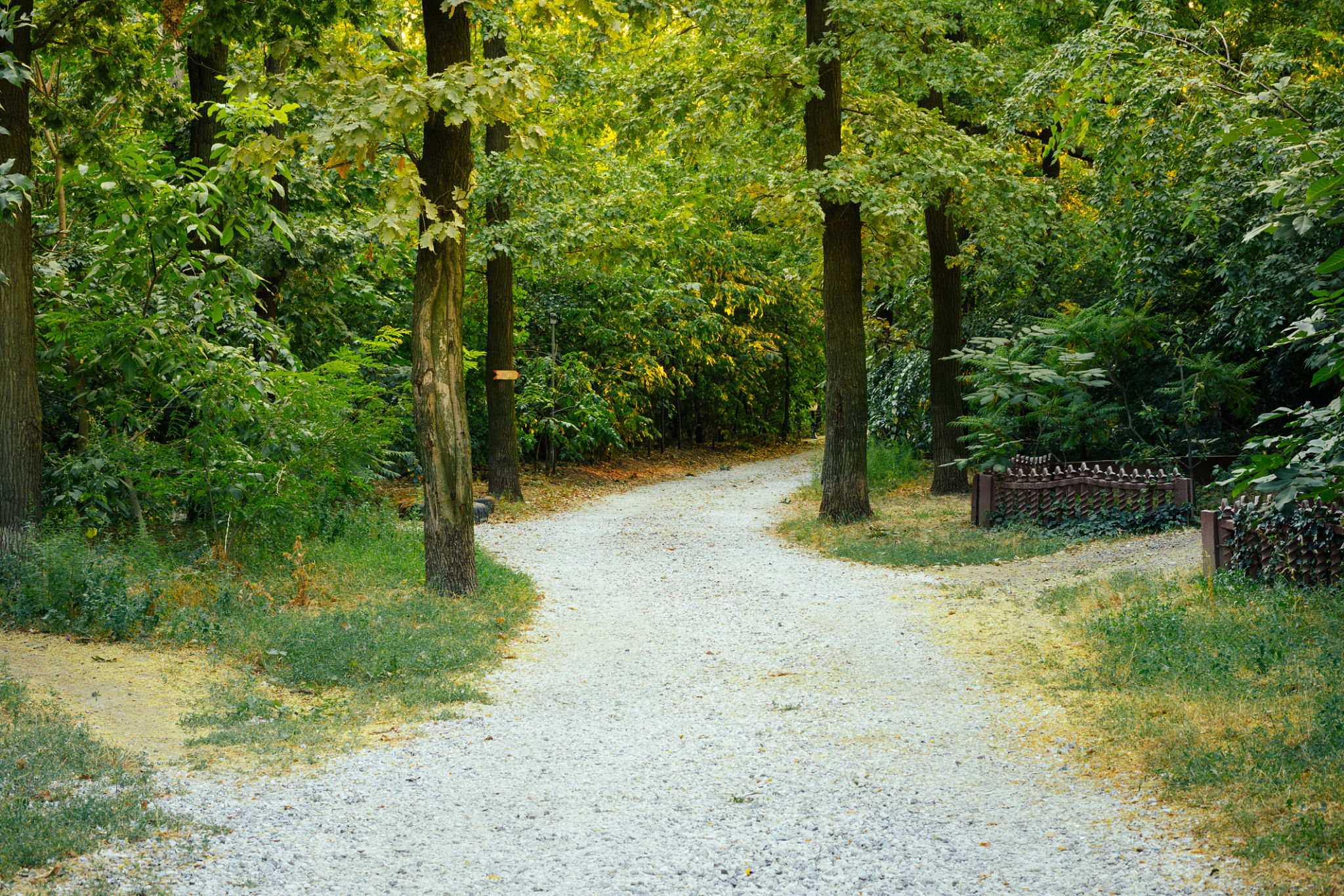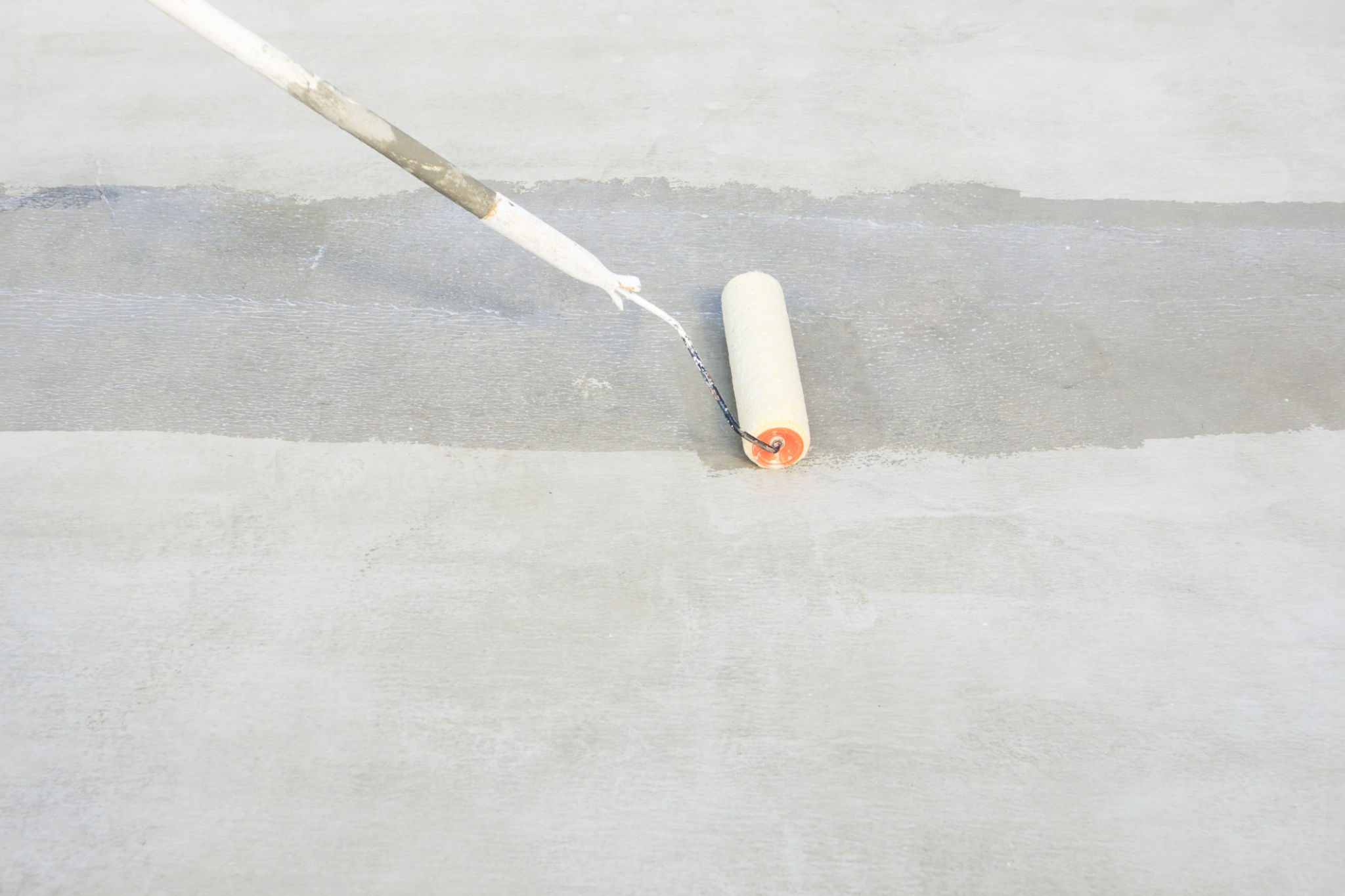Understanding the Differences: Resin Bound vs. Tarmac Driveways
Introduction to Driveway Options
When it comes to upgrading or installing a new driveway, homeowners often find themselves choosing between two popular options: resin bound and tarmac driveways. Both materials offer unique benefits and aesthetics, but understanding their differences can help you make an informed decision. In this blog post, we'll explore the key characteristics of each, helping you determine which is best suited for your needs.

Understanding Resin Bound Driveways
Resin bound driveways are created by mixing aggregates with a clear resin. The mixture is then spread evenly over the driveway surface. This type of driveway is known for its smooth and permeable finish, allowing water to drain through and reducing surface water build-up. The appearance of resin bound driveways can be highly customizable, as they come in a variety of colors and textures.
One of the significant advantages of resin bound driveways is their aesthetic appeal. They provide a modern look that can enhance the curb appeal of any property. Additionally, because they are permeable, they comply with Sustainable Urban Drainage Systems (SuDS) regulations, making them an environmentally friendly choice.
Maintenance and Durability
Resin bound driveways are relatively low maintenance. They resist weed growth and are easy to clean with a simple pressure wash. The durability of a resin bound surface depends largely on the quality of the materials used and the expertise of the installer. A well-laid driveway can last up to 15 years or more.

Exploring Tarmac Driveways
Tarmac, short for tarmacadam, is another popular choice for driveways. This material consists of crushed stone and tar, providing a traditional and cost-effective option for many homeowners. Tarmac driveways are known for their robustness and ability to withstand heavy loads, making them ideal for households with multiple vehicles.
A major advantage of tarmac driveways is their quick installation process. They can often be laid in a matter of days, minimizing disruption to your daily routine. Additionally, tarmac is a highly cost-effective option when compared to other driveway materials, which makes it attractive for those on a budget.
Maintenance and Longevity
While tarmac driveways are durable, they do require some maintenance to keep them looking their best. Regular sealing can help prevent cracks and prolong their lifespan. Generally, with proper maintenance, tarmac driveways can last around 10 to 20 years.

Comparing Costs
One of the most significant factors in choosing between resin bound and tarmac driveways is cost. Tarmac is typically less expensive upfront, making it a popular choice for larger areas or for those looking to minimize initial expenditure. However, resin bound driveways offer long-term savings in maintenance costs and potentially higher property value due to their aesthetic appeal.
Conclusion: Making Your Choice
Ultimately, the decision between resin bound and tarmac driveways depends on your personal preferences and specific needs. If you prioritize a modern look, customizability, and environmental considerations, a resin bound driveway could be the right option for you. On the other hand, if you seek a cost-effective solution with quick installation and durability under heavy use, tarmac might be more suitable.
Whichever you choose, it's essential to work with experienced professionals to ensure proper installation and longevity of your new driveway. Consider your priorities and consult with experts to make the best choice for your home.